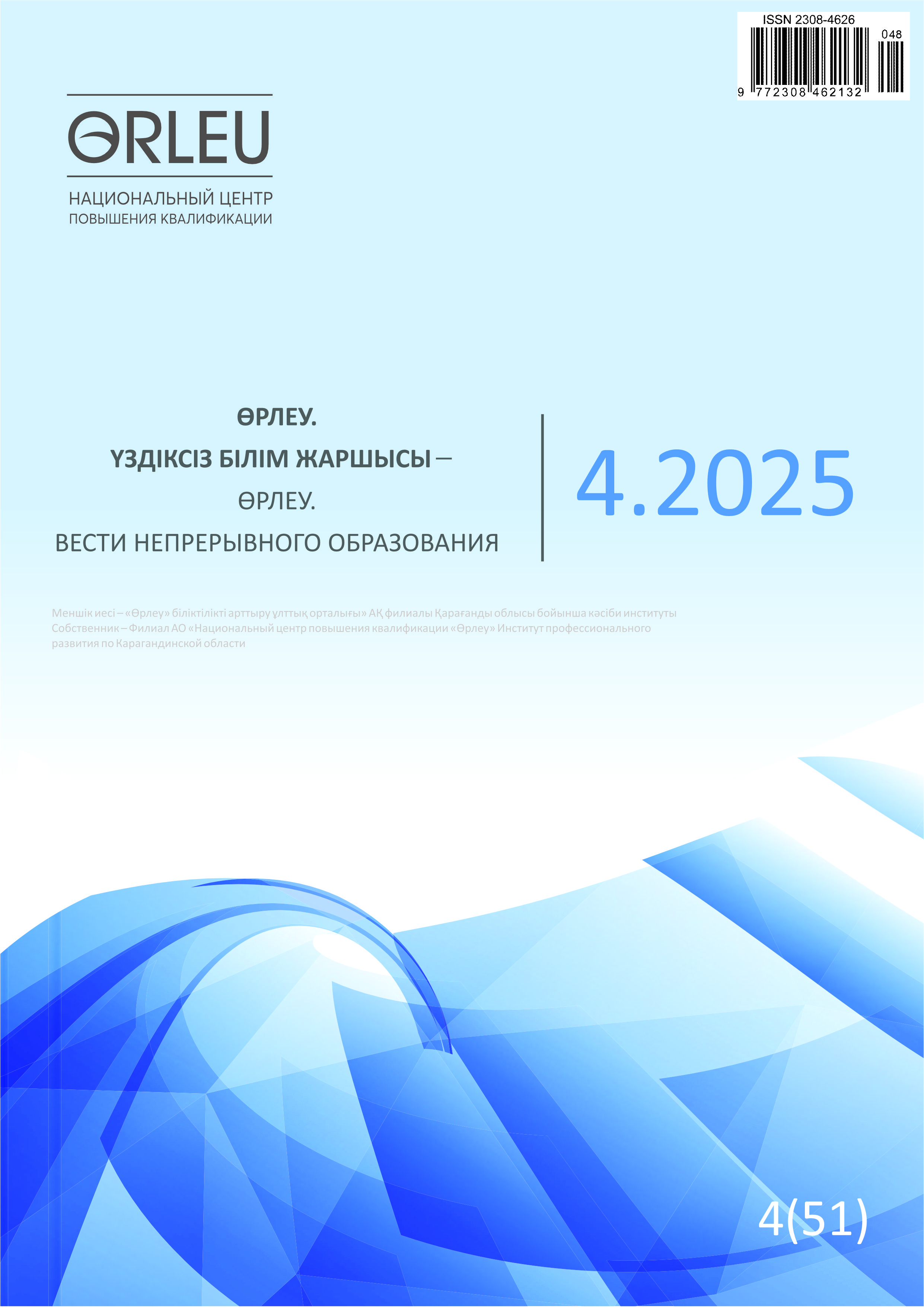Abstract
In the context of the higher education modernization, an important guideline is the formation of students not only professional knowledge and skills, but also universal competencies that ensure flexibility, adaptability and communicative effectiveness of future specialists. This issue becomes especially relevant due to subject (technical) skills traditionally prevail at the preparing students in natural science fields, such as Physics. The purpose of this study is to identify the features of the formation of professional and universal competencies in educational programs in the field of Physics at the bachelor's, master's, and doctoral levels. The study used the open register of higher education programs of the Republic of Kazakhstan (the unified platform of higher education) as an empirical base and analyzed 90 educational programs developed by 19 higher education institutions. The study used content analysis, which resulted in the identification and classification of more than 1,200 skill statements categorized as professional (Hard skills) and universal (Soft skills). As a result, the characteristic trends of changing the structure of competencies depending on the level of education were established, shortcomings in the presentation of universal skills were identified, and directions for optimizing the content of programs were proposed. The research results can be used in the development of new and modernization of existing programs for training specialists in the field of physics.


